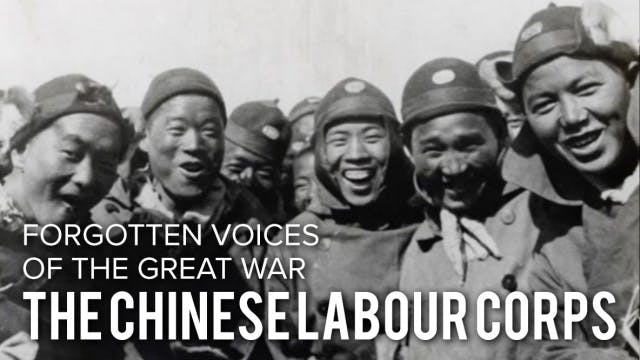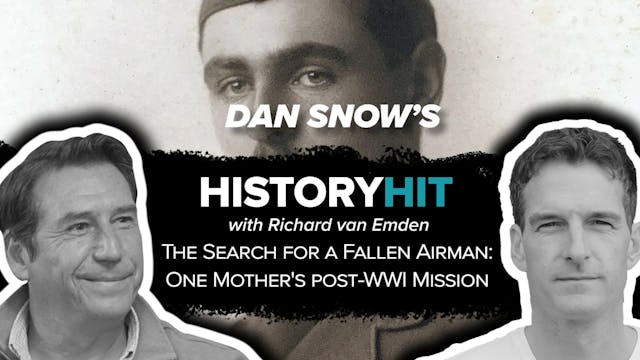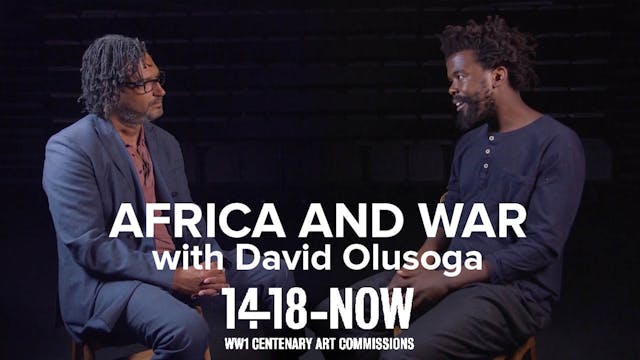Fighting Proud: A Gay History of the World Wars
World War One
•
27m
At the end of World War Two the British public wanted to get back to ‘normal’. The gay men who had served their King and country found themselves subjected to a vigorous enforcement of the draconian law that would put them into prison if they were found guilty of indecency. But servicemen living in close proximity were made aware that men who chose to have sexual relationships with other men were not suffering from sexual perversion or a deadly disease, nor were they cowards or the stereotypical limp-wristed effeminates. ‘Fighting Proud’, a new book by Stephen Bourne, is about equality: being equally brave, scared, decisive, uniformed, wounded, and equally dead. War is the great leveler in which we are tested, tried and traumatised. No one ever emerges from war quite the same, whether it is battleground, air raid or that telegram with its irrevocable news. Fighting proud is heart-thumping and rousing; loving proud should be the same. In this episode, Stephen Bourne discusses the role of gay servicemen in the world wars, as well as the challenges of publishing gay history.
Up Next in World War One
-
Forgotten Faces of the Great War: The...
China started out as a neutral country during the First World War. But by early 1917, one thousand Chinese men were on their way to the Western Front. Tens of thousands more would follow, to provide logistical support to the Allies. They constituted one of the largest labour corps of the war. The...
-
The Search for a Fallen Airman: One M...
Richard van Emden talks to Dan about his new book - Missing: the need for closure after the Great War. The backbone of the book is based on the best single story of World War One that he has found in 35 years of research. It is the story of one woman’s relentless search for her missing son’s body...
-
Africa and War
The first shot fired by British forces in the First World War was fired by an African soldier in Africa. Historian David Olusoga presents three 1418 Now art commissions that will highlight the often overlooked role played by African soldiers.



